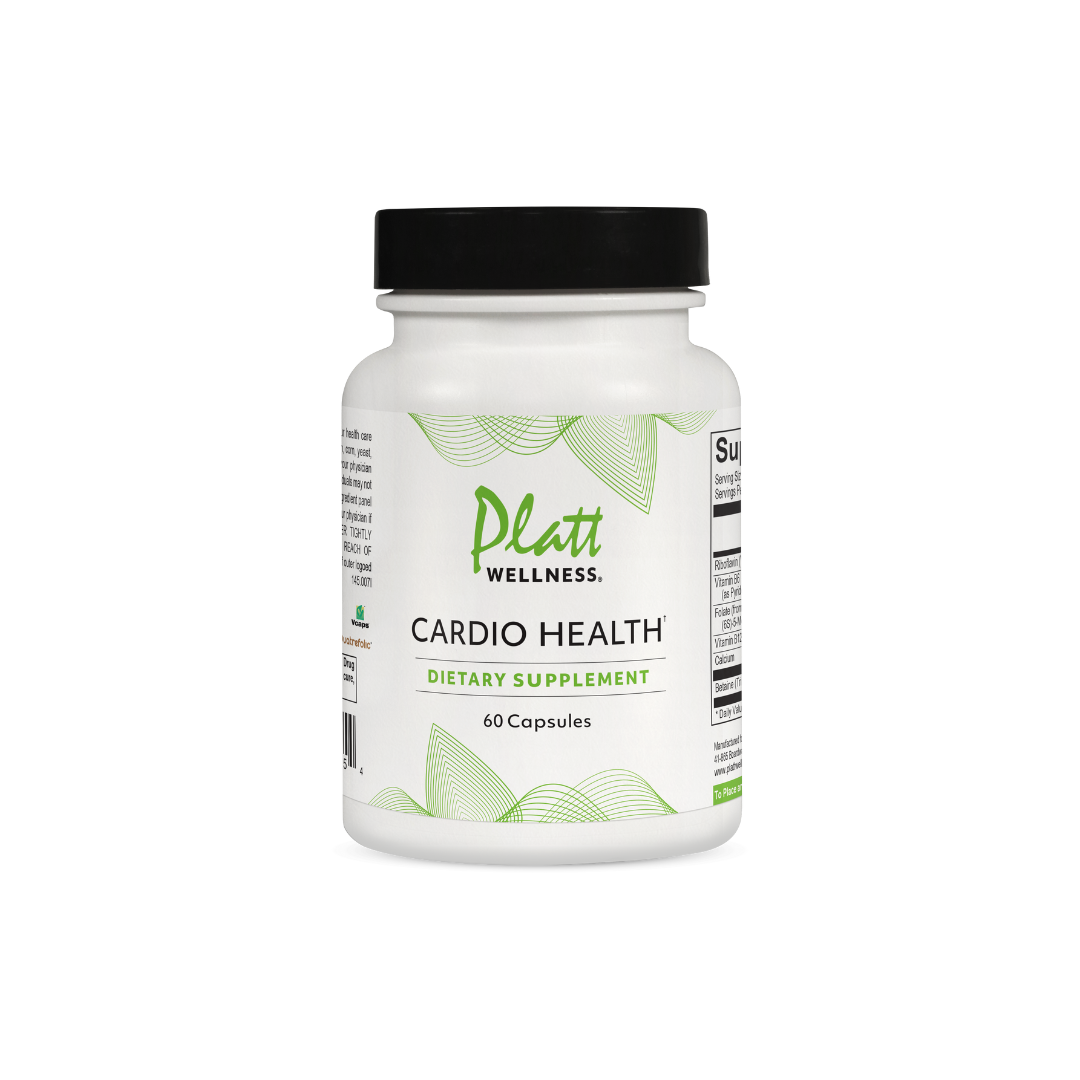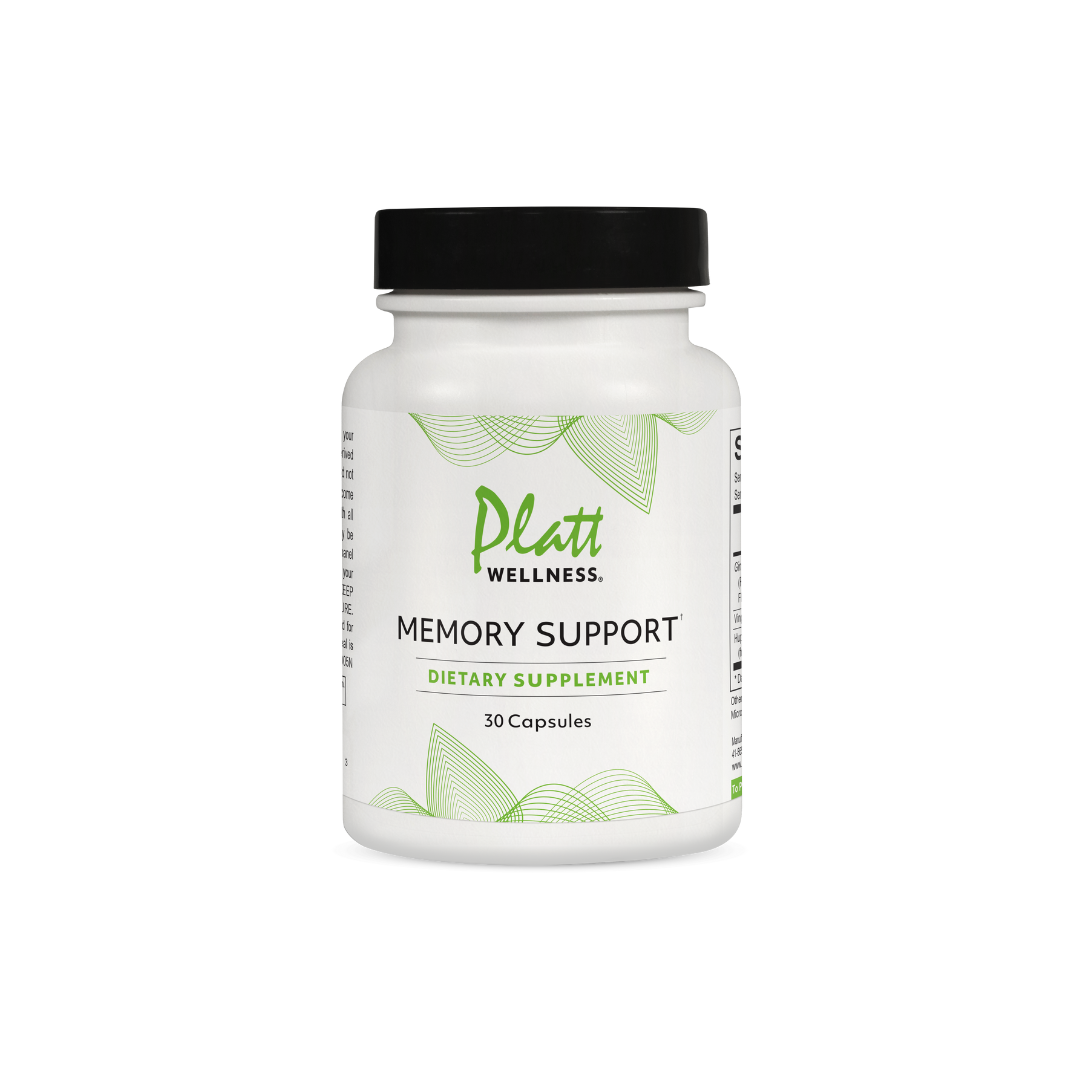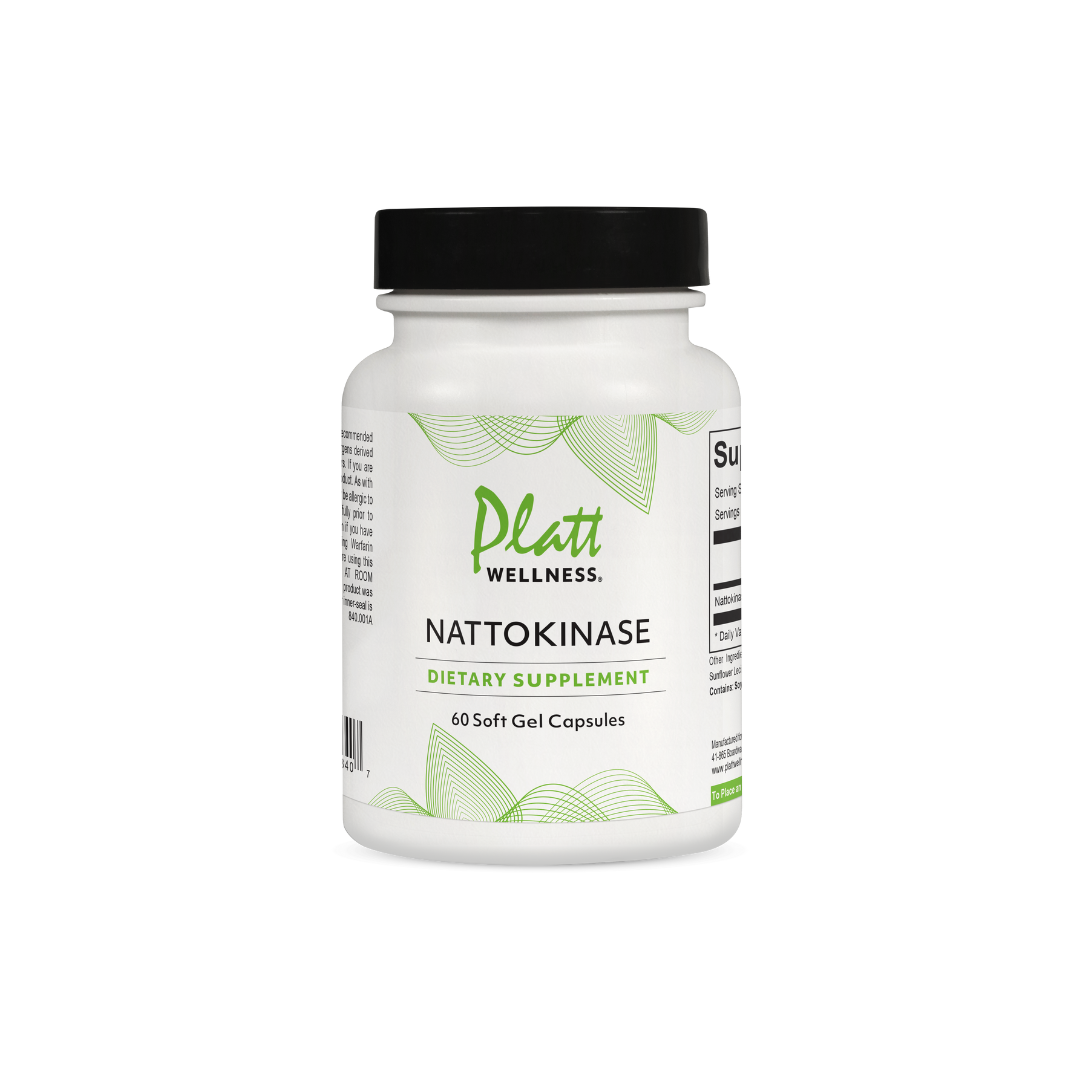There are probably 10 books that talk about Adrenal Fatigue. It’s primarily used by naturopaths as they mostly use Saliva tests. Here is why this is flawed.
Adrenal fatigue is a diagnosis used primarily in alternative medicine, commonly among naturopathic physicians. It is a theory about the cause of several symptoms, including brain fog, low energy, feeling lightheaded, or lack of motivation, often among persons with a history of stressful work. The diagnosis is usually supported by finding a low cortisol level on a morning saliva test.
Adrenaline, acting as a survival hormone, cuts the blood supply to body areas not needed for survival. Among the areas affected are the salivary glands, which can result in low cortisol levels in the saliva. Therefore, cortisol levels on a saliva test are likely inaccurate for someone with adrenaline dominance.
Anyone who has ever experienced “dry mouth” when speaking in public knows this effect well. Only those with extensive experience overcome nervousness and the natural fight-or-flight response to a stressful situation. The rest of us feel cortisol and adrenaline effects as saliva production suddenly halts.
I believe that this significant discrepancy between high cortisol levels in the blood versus low levels in the saliva is related to the tendency of adrenaline to constrict blood vessels. For example, the most common cause of cold hands and cold feet is excess adrenaline, not low thyroid. Vasoconstriction of blood vessels in the eye can cause glaucoma (which is often treated with beta-blocker eye drops), and vasoconstriction of the vestibular artery in the neck can cause tinnitus in the ears. Similarly, vasoconstriction of salivary gland blood vessels could possibly restrict blood flow to that area, resulting in low cortisol levels in the salivary glands themselves (as well as a dry mouth, which is commonly found in people with anxiety).
The medical community does not recognize the condition of adrenal fatigue, and a clinical study concludes it is a myth.[1] That knowledge only frustrates patients who experience its symptoms. While tempting to ascribe low cortisol levels in the saliva as evidence of the condition, treating it by attempting to raise cortisol may have unintended consequences.
High cortisol levels can produce unwanted weight gain by raising sugar and insulin levels. It can also cause osteoporosis, cataracts, stomach ulcers, muscle wasting, and brain damage.
Proper Testing for Excess Adrenaline
In this regard, Dr. Platt only recommends blood tests to measure cortisol levels. Since adrenaline is a powerful hormone, it creates stress in the body, which responds by releasing cortisol. Cortisol is released in a diurnal rhythm, with the highest levels in the morning and the lowest at night. Since adrenaline peaks at 2:30 AM, the best time to do a cortisol test is before 9 AM.
Consider a cortisol level greater than 13 mcg/dl as high. Do not go by the “normal” range of cortisol levels that go up to 19.4 mcg/dl and sometimes higher. Dr. Platt points out that these normal ranges were determined using medical students as test subjects. They typically have high adrenaline levels due to the increased stress attributed to their career pathway.
In addition, blood tests may indicate an elevated HbA1C level, suggesting a prediabetic condition. Adrenaline and cortisol raise blood pressure, boost energy supplies, and increase blood sugar, resulting in weight gain while people sleep.
Please note, if you continue to be fatigued, you may want to be tested for Addison’s Disease, which is a rare autoimmune condition of the adrenals. The ACTH stimulation test is the most common blood test used to diagnose Addison's disease. In this test, a patient receives a shot of human-made ACTH, which tells the adrenal glands to produce cortisol. The patient's blood cortisol levels are then measured before and after the shot.
If a morning blood cortisol test shows that the patient’s cortisol level is below normal, and if the person’s DHEA-S (dehydroepiandrosterone-sulfate, a hormone produced by the adrenal gland) level is also extremely low, the patient should probably be referred to an endocrinologist for treatment of possible Addison’s disease—a true condition of “adrenal fatigue.”
For more information, please shop our adrenaline dominance tab on books, diet and supplementation here.
1 Cadegiani FA, Kater CE. Adrenal fatigue does not exist: a systematic review. BMC Endocr Disord. 2016 Aug 24;16(1):48. doi: 10.1186/ s12902-016-0128-4. Erratum in: BMC Endocr Disord. 2016 Nov 16;16(1):63. PMID: 27557747; PMCID: PMC4997656.








